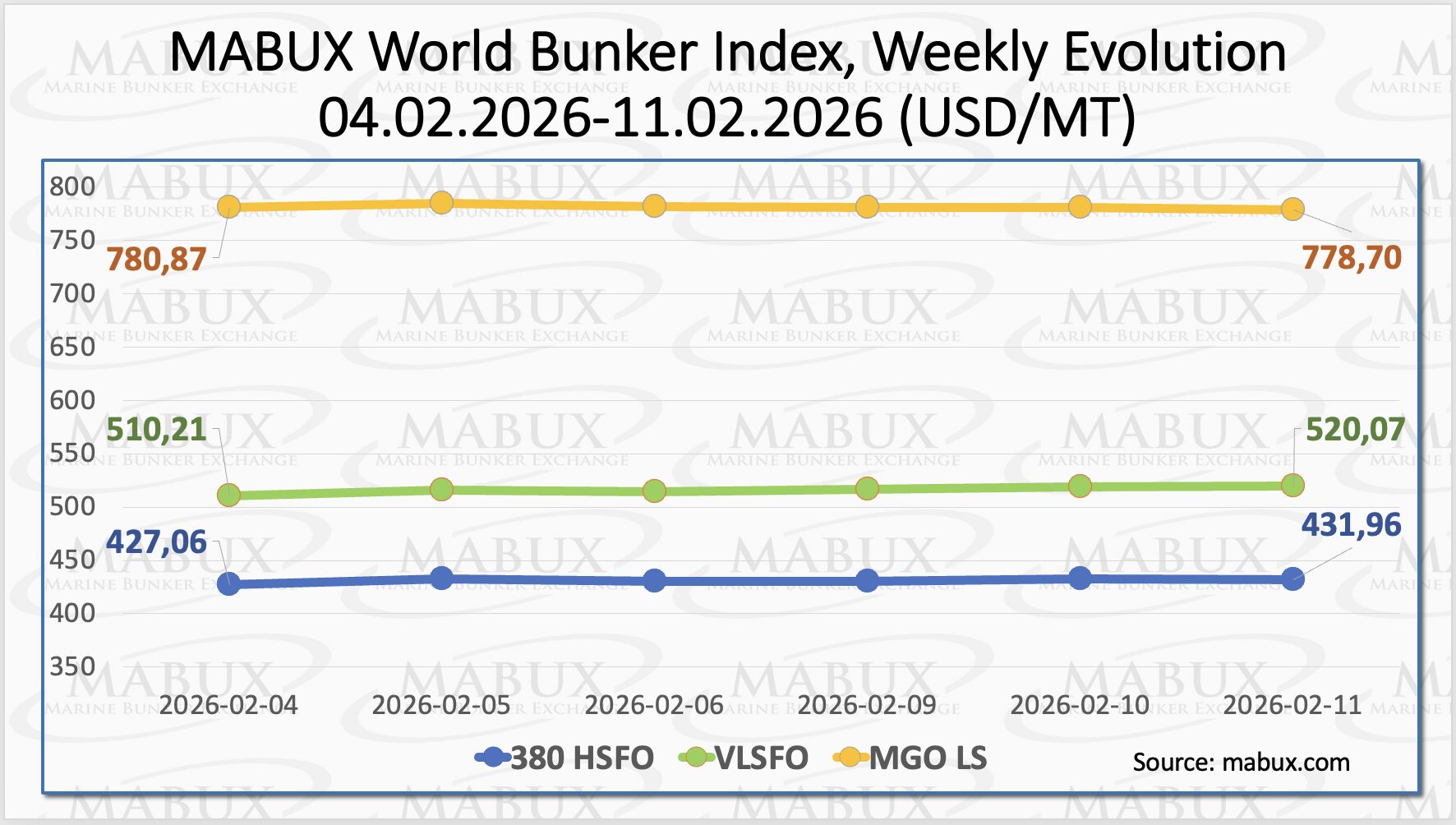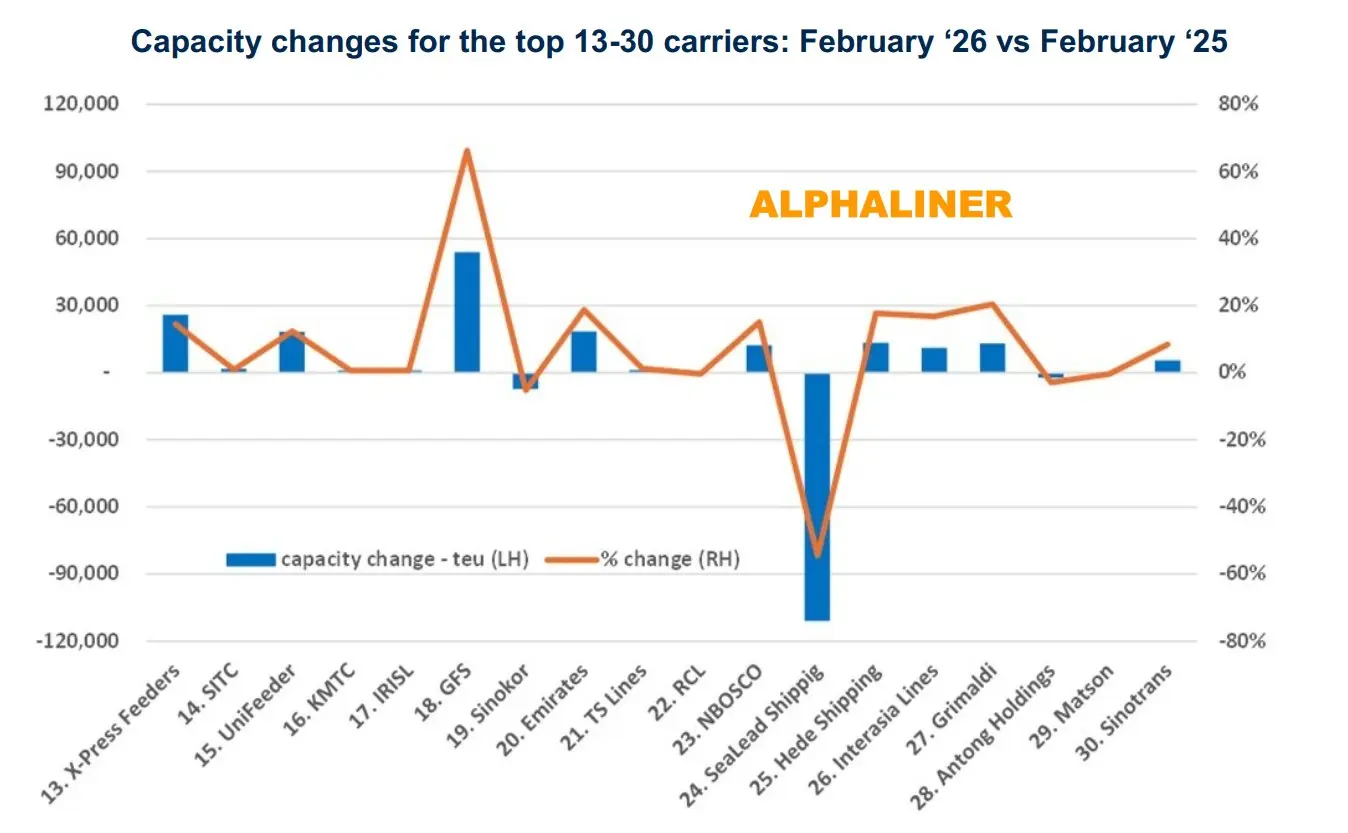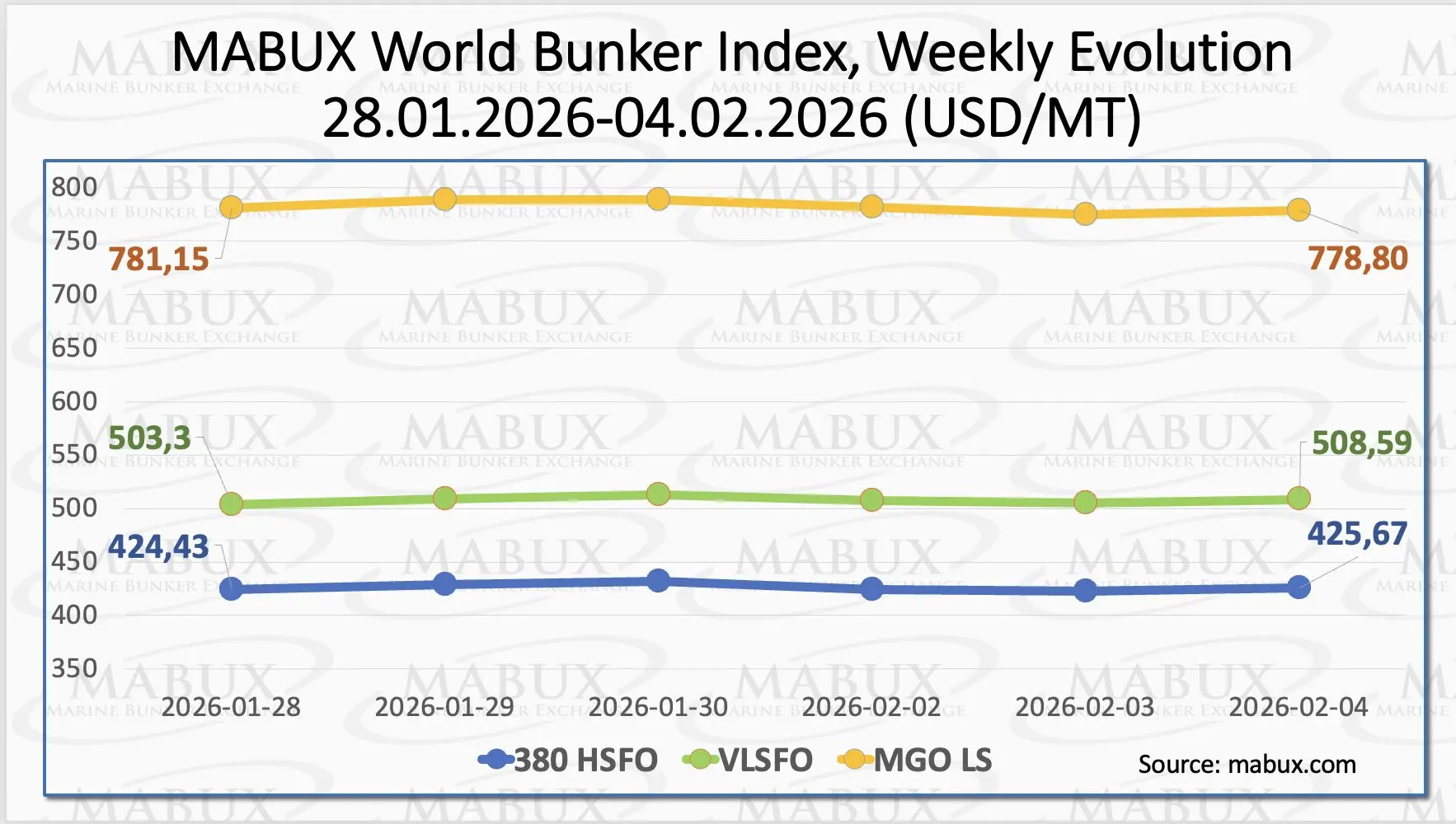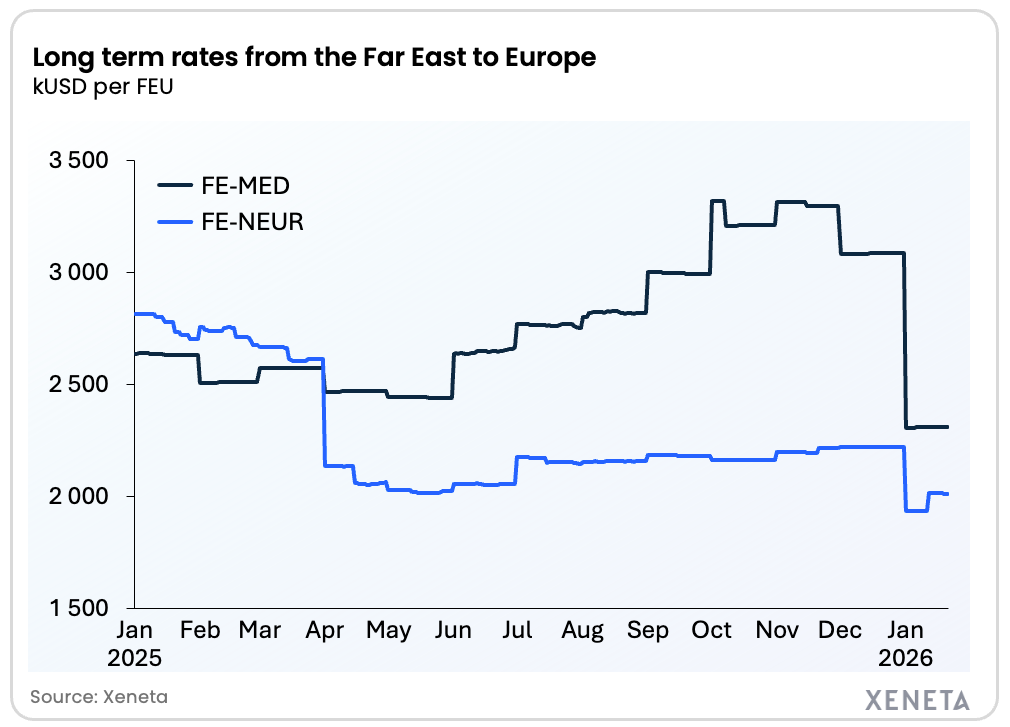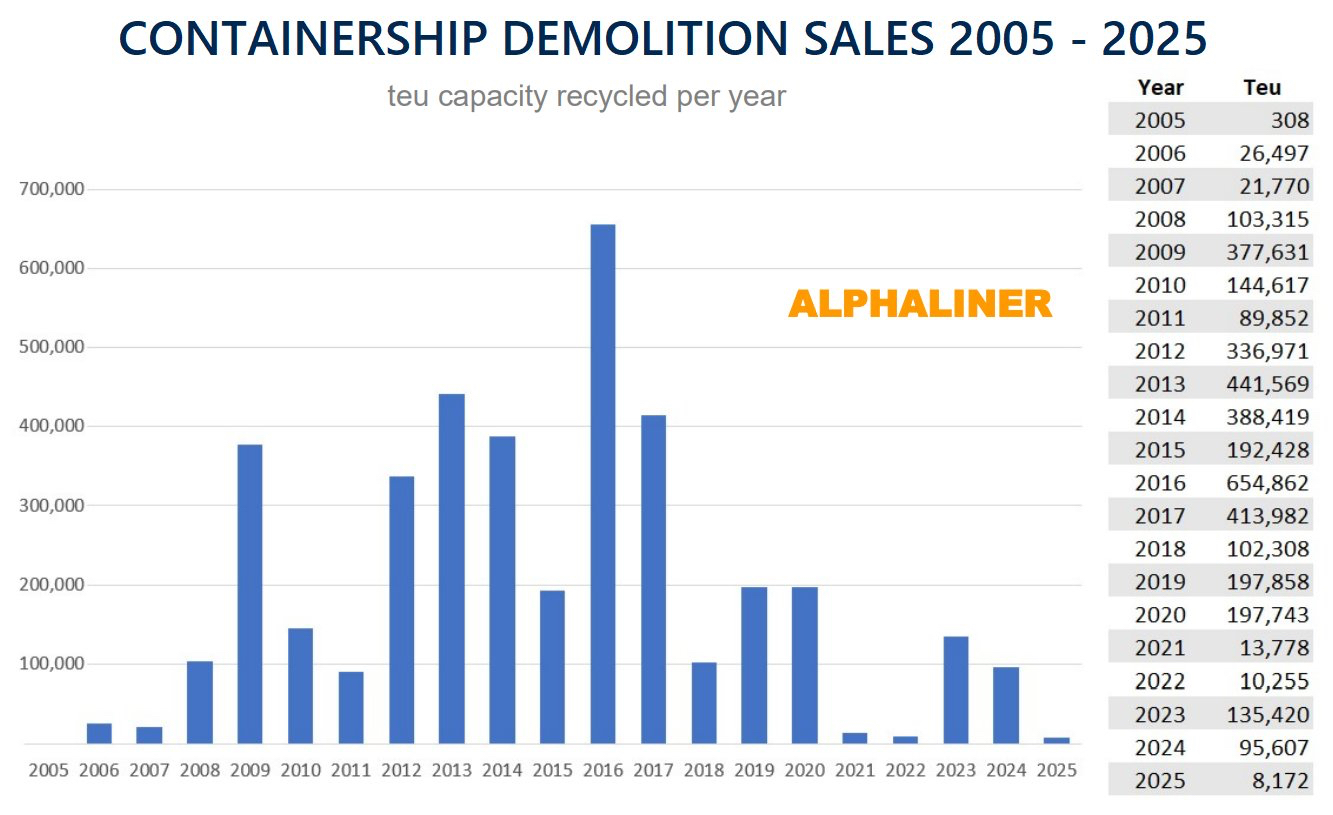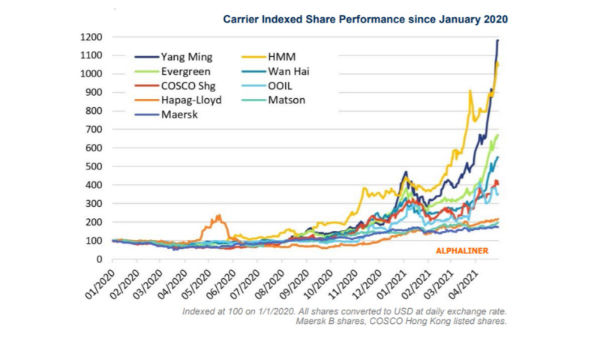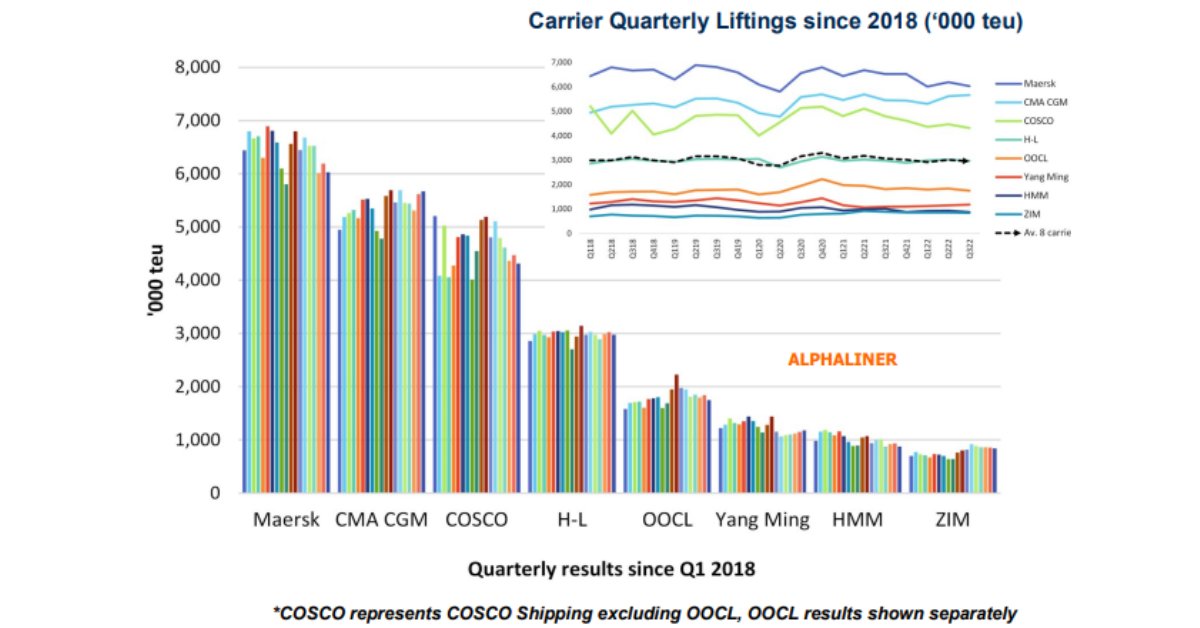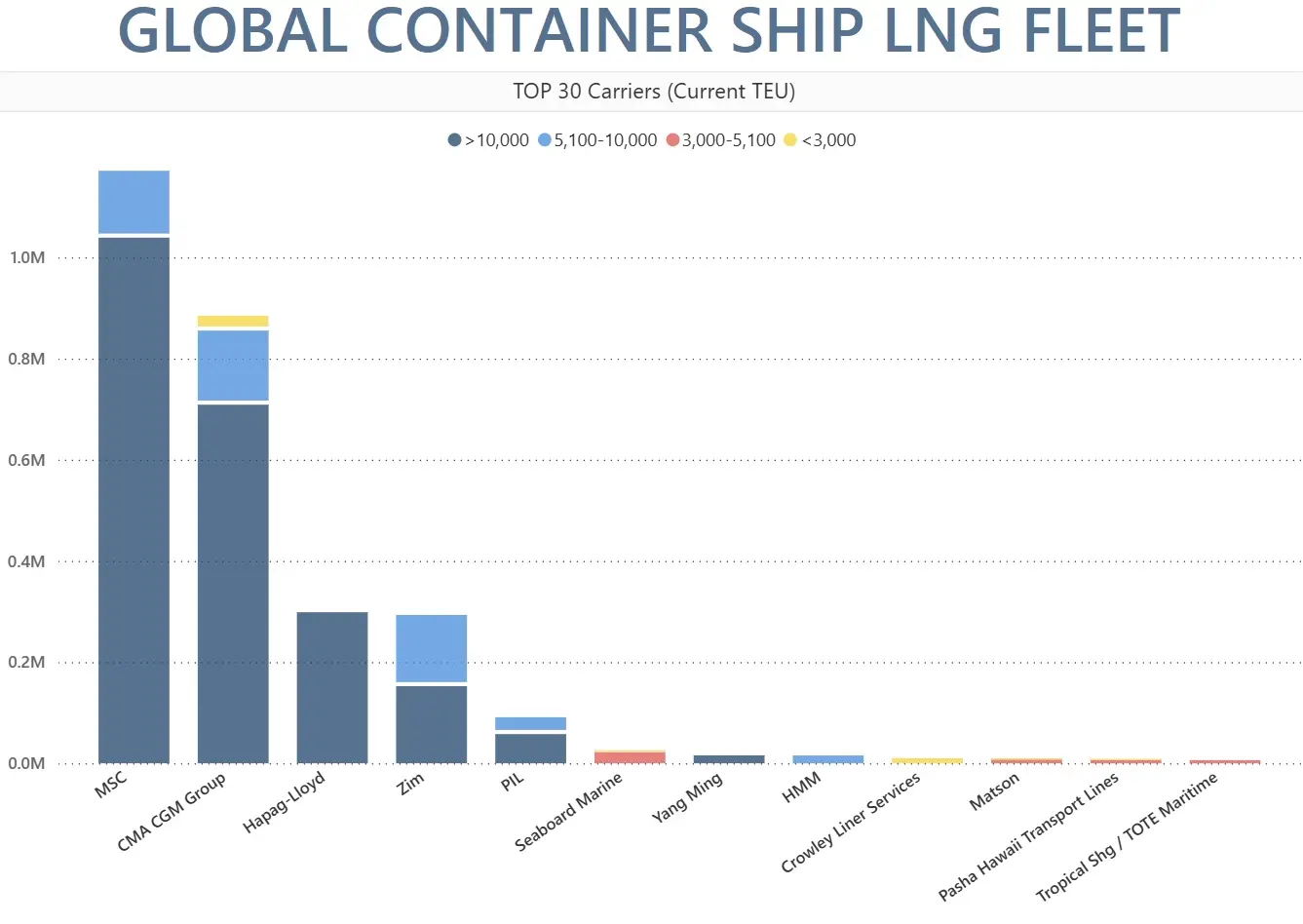

Is there a big difference between NVOCCs and Freight Forwarders? We do often hear this question, thats why we look into this question with the following article. Read everything about NVOCCs tasks, licensing and the differences to Freight Forwarders below. Anything we forgot? Let us know and we’ll add it to the article.
What does a NVOCC do?
NVOCC (= non-vessel operating common carrier) is a company that organizes shipments for individuals or corporations to get goods from the manufacturer or producer to a market, customer or final point of distribution.
NVOCCs sign contracts with shipping lines to guarantee the shipment of a certain number of containers each year. In return, shipping lines offer favorable rates to NVOCCs.
Their main tasks compromises sales, staffing and transport of the containers to the specific ports. In addition to that, NVOCCs can issue their own Bill of Lading.
How does a shipping process look like?
NVOCCs are responsible for the transports of goods from A to B. They are an one-stop shop for shippers if they want to sell their products overseas and arrange everything from customs to bookings and the actual transport of goods. A typical shipment process includes the following:
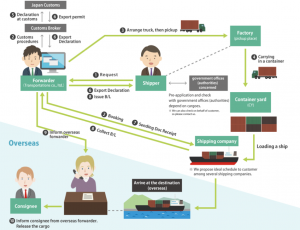
Organizing and optimizing movement of cargo from A to B using multiple methods of transport such as rail, road and sea
Negotiation contract rates with carriers on behalf of the customer
Booking cargo with the carriers under their own freight contract
Preparing and processing all relevant shipping documents such as customs, port documentation, customs, export declaration and bill of lading amongst others
Issue their own House Bill of Lading (HBL)
Apart from the standard, shipment related tasks, they also provide consultancy and expert advice to their customers relating to the usage of the correct Incoterms and licenses, necessary to the safe transport of their goods.
Most NVOCCs offer warehousing services to their clients whether it is before shipment from port of loading or after receipt of cargo at port of discharge before distribution to other areas.
Sometimes they even outsource warehousing to optimize their asset utilization. In a nutshell NVOCCs combine knowledge to ship cargo over/ cross border for their clients.
Challenges for NVOCCs in 2019
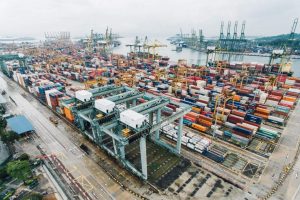
NVOCCs are as nervous about the future as any other type of companies these days. There is happening a lot in the shipping industry, from impact of technology to the state of global economy as well as politics and global trade. These are some of the most critical ones:
Competition: Competition is heating up! Part of the reason is that many logistics companies that traditionally defined themselves as something else are now providing NVOCC services.
Commoditization: Most shippers view transportation as a commodity. All they care about is that their cargo gets from A to B. They place little value on services and a lot on the price which makes it hard for forwarders to stand out from the competition.
Ocean Volatility: Ocean shipping is a very unstable business, based on complicated rates and non-transparent contracts. The seemingly random nature sometimes makes it hard to understand their own cost structure and provide accurate and reliable quotes to their customers.
Rate of Change: A recent trend for ocean carriers is to form alliances. With almost no notice, these can affect the rates and contracts NVOCCs have with the carriers.
For all these reasons, NVOCCs need to work harder than ever to differentiate themselves in their business. Just as important as competitive rates are giving customers better service options and technology support to decision making.
One example for how NVOCCs can leverage the use of technology is Container xChange, where NVOCCs can find containers in more than 2500 location within seconds.
What is the difference between a NVOCC and a Freight Forwarder?
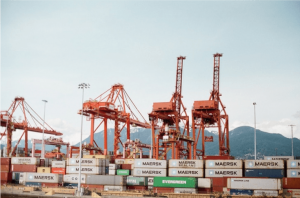
Most people don’t understand the difference between NVOCCs and Freight Forwarders. To easily understand the difference, we focus on the three most important points:
Shipping documentation: Freight Forwarders issue their own bill of lading, generally based on standardized documentation created by the FIATA while NVOCCs issue their own bill of lading may or may not be based on any global standard.
Specific role: NVOCCs act as carrier to the shipper and as shipper to the carriers (they are the middleman and make 100% of the work for shippers) whereas Freight Forwarders act more like as an agent to the shippers.
Containers: That might be the biggest difference, Freight Forwarders do not own any equipment while most NVOCCs operate their own fleet of containers.
A traditional NVOCC does not provide services by a Freight Forwarder, but sometimes the line between a NVOCC and a more traditional Freight Forwarder may be blurred. What is your opinion on that? Is it easy for you to differentiate between a NVOCC and a Freight Forwarder? Does it even matter to you or are you more interested in cheap fares but not so much into who you work with? Let us know!
Source: Container X-Change

